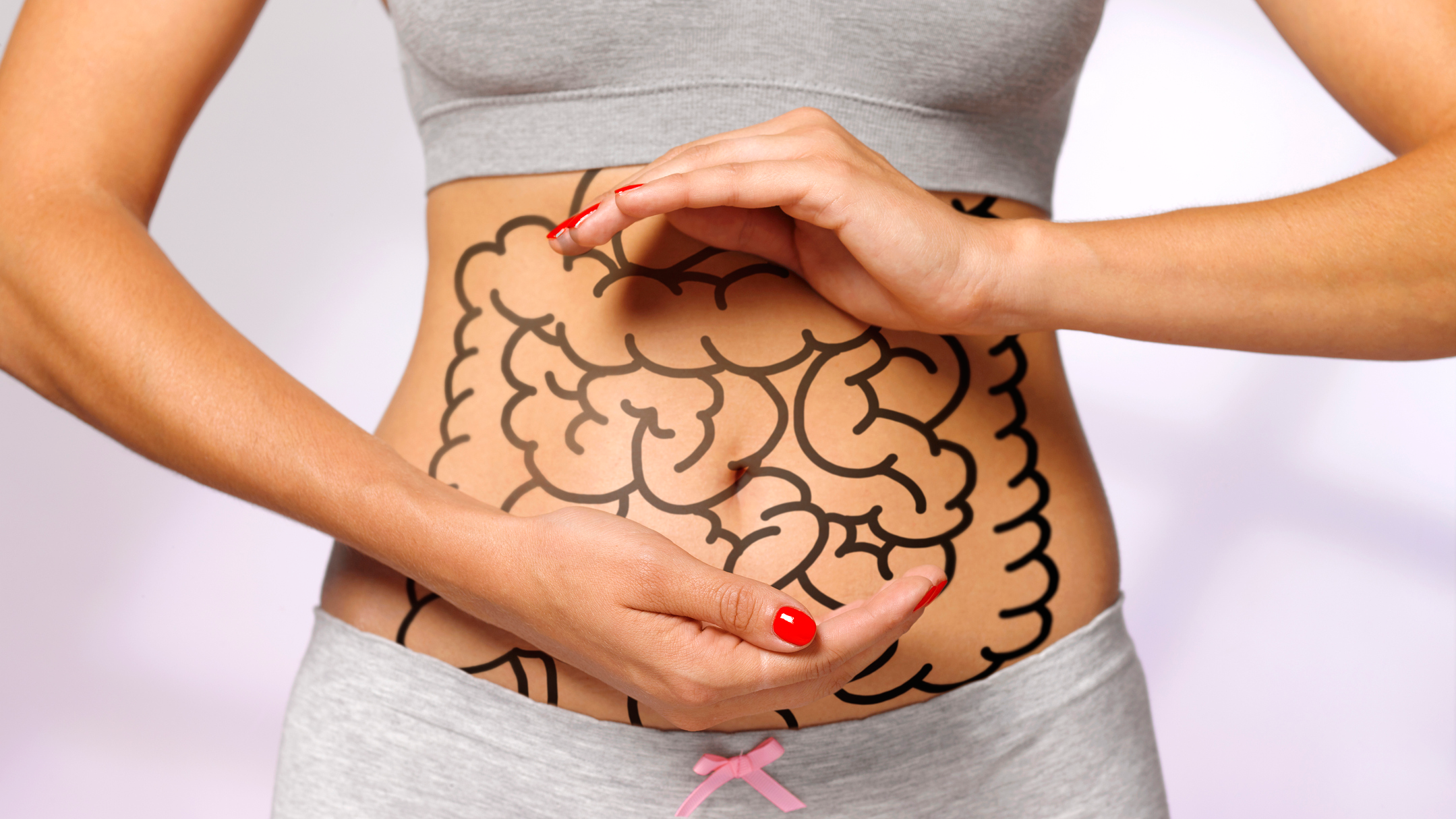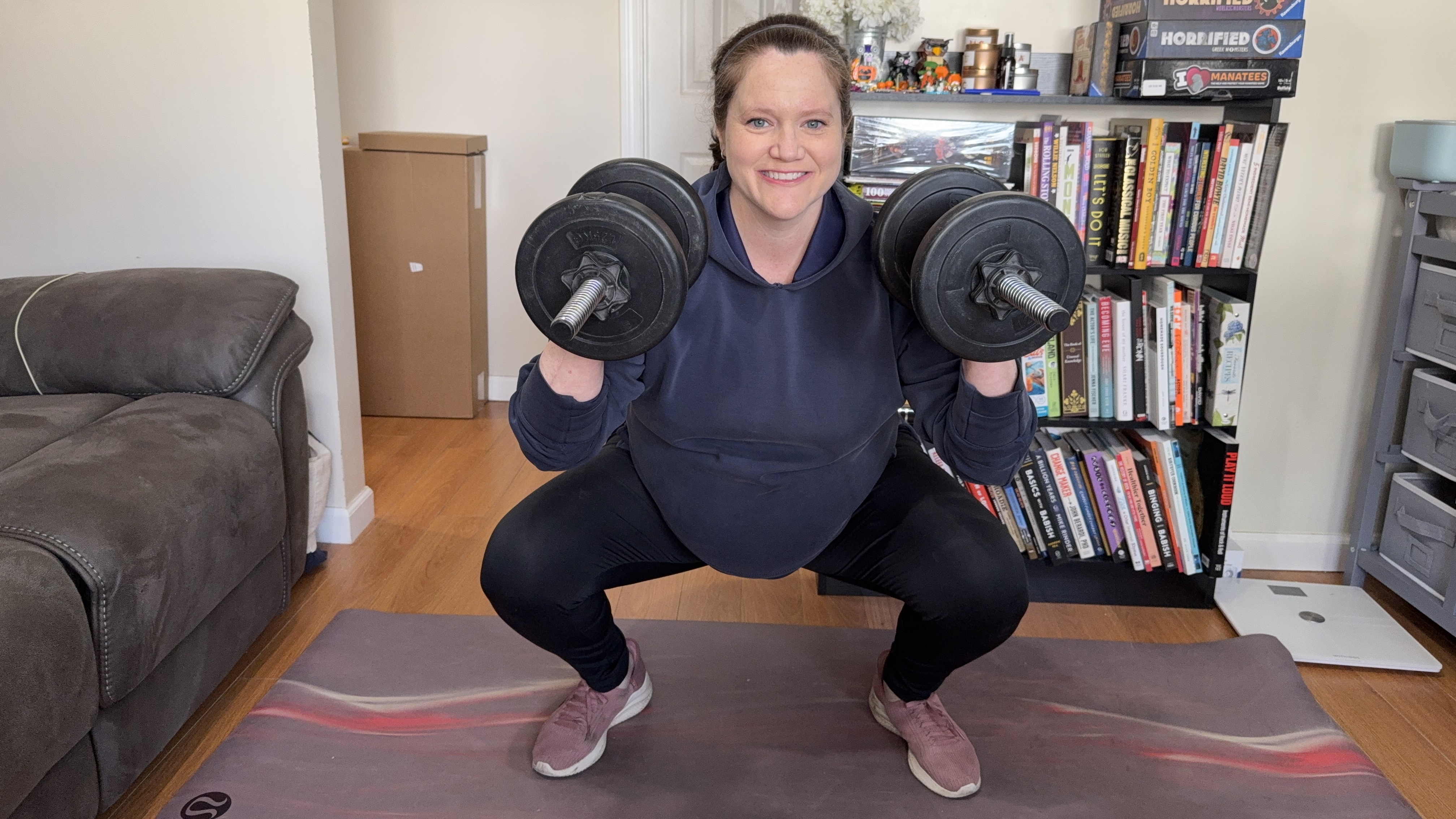Gut health: What to eat for better sleep, according to science
Your diet can have a big impact on your sleeping patterns. Here's how to eat for better sleep and improved gut health


What's causing your restless sleep? Is it a lumpy mattress, or limp pillows? Perhaps you need a scent of lavender from your best diffuser for essential oils to drift off. However, if you can't pinpoint the reason, it could be your diet that's causing the problem. A diet rich in salt and carbohydrates and low in healthy foods and certain amino acids could be interfering with your sleep.
In a survey of 2,000 UK adults commissioned by Bioful, 80% suffered from gut-health related issues, indicating gut health issues may be more common than we might think. Disturbed sleep isn't often thought of as a side-effect of bad gut health, but it's true: a diet rich in salt and carbohydrates and low in healthy foods and certain amino acids could be interfering with your sleep.
Researchers from the University of Tsubaku, Japan, sought to examine the relationship between gut health and sleep in more detail. Good gut health stimulates the pathways in the body responsible for creating serotonin and melatonin, the homones responsible for your deep sleep and light sleep cycles.

Professor Yanagisawa, lead author of the study, said: "We found that microbe depletion eliminated serotonin in the gut, and we know that serotonin levels in the brain can affect sleep/wake cycles."
"Thus, changing which microbes are in the gut by altering diet has the potential to help those who have trouble sleeping."
Foods with plenty of an amino acid called tryptophan, like turkey, tuna, oats, nuts and seeds, are best for encouraging the production of serotonin. Milk also contains tryptophan, which is why it's often said a glass of milk before bed can help you drift off to sleep. Serotonin also plays a key role in regulating anxiety and mood, so if you can regulate the hormone, you'll be happier long-term.
In general, it's also good for your gut to eat foods with plenty of fibre, which prevents constipation and promotes healthy digestion. Fibrous vegetables like broccoli, along with peas and legumes like beans and chickpeas are all great sources of fibre. A green smoothie with broccoli, kale and a fibrous fruit like apple will certainly do the trick nicely (but you'll need the best blender to extract the fruit and veg's fibre content, not just the juice).
Get the Fit&Well Newsletter
Start your week with achievable workout ideas, health tips and wellbeing advice in your inbox.
Matt Evans is an experienced health and fitness journalist and is currently Fitness and Wellbeing Editor at TechRadar, covering all things exercise and nutrition on Fit&Well's tech-focused sister site. Matt originally discovered exercise through martial arts: he holds a black belt in Karate and remains a keen runner, gym-goer, and infrequent yogi. His top fitness tip? Stretch.
-
 “Working out doesn't have to be boring”—why I love this trainer’s Cha Cha Slide fitness challenge
“Working out doesn't have to be boring”—why I love this trainer’s Cha Cha Slide fitness challengeBuild core strength and get strong shoulders with this dance-themed challenge
By Maddy Biddulph
-
 A personal trainer says this is the HIIT workout to do if you’re over 40—here’s what I think
A personal trainer says this is the HIIT workout to do if you’re over 40—here’s what I thinkThis no-impact workout delivers lots of high-intensity cardio without major stress on your joints
By Jennifer Rizzuto